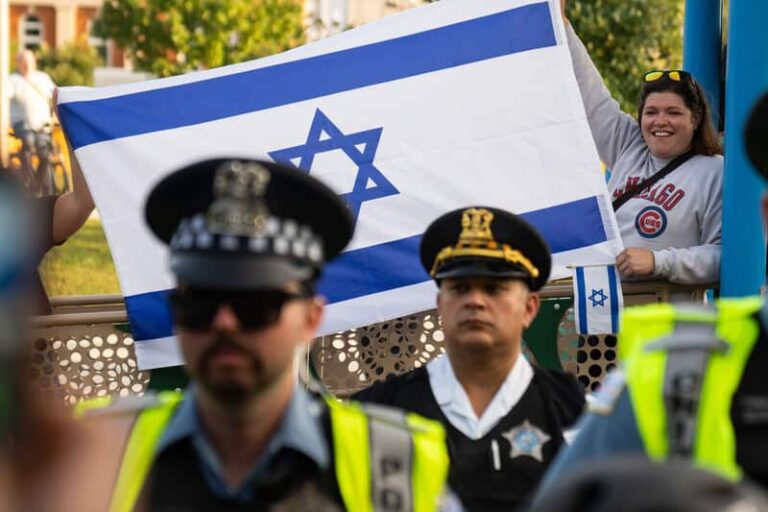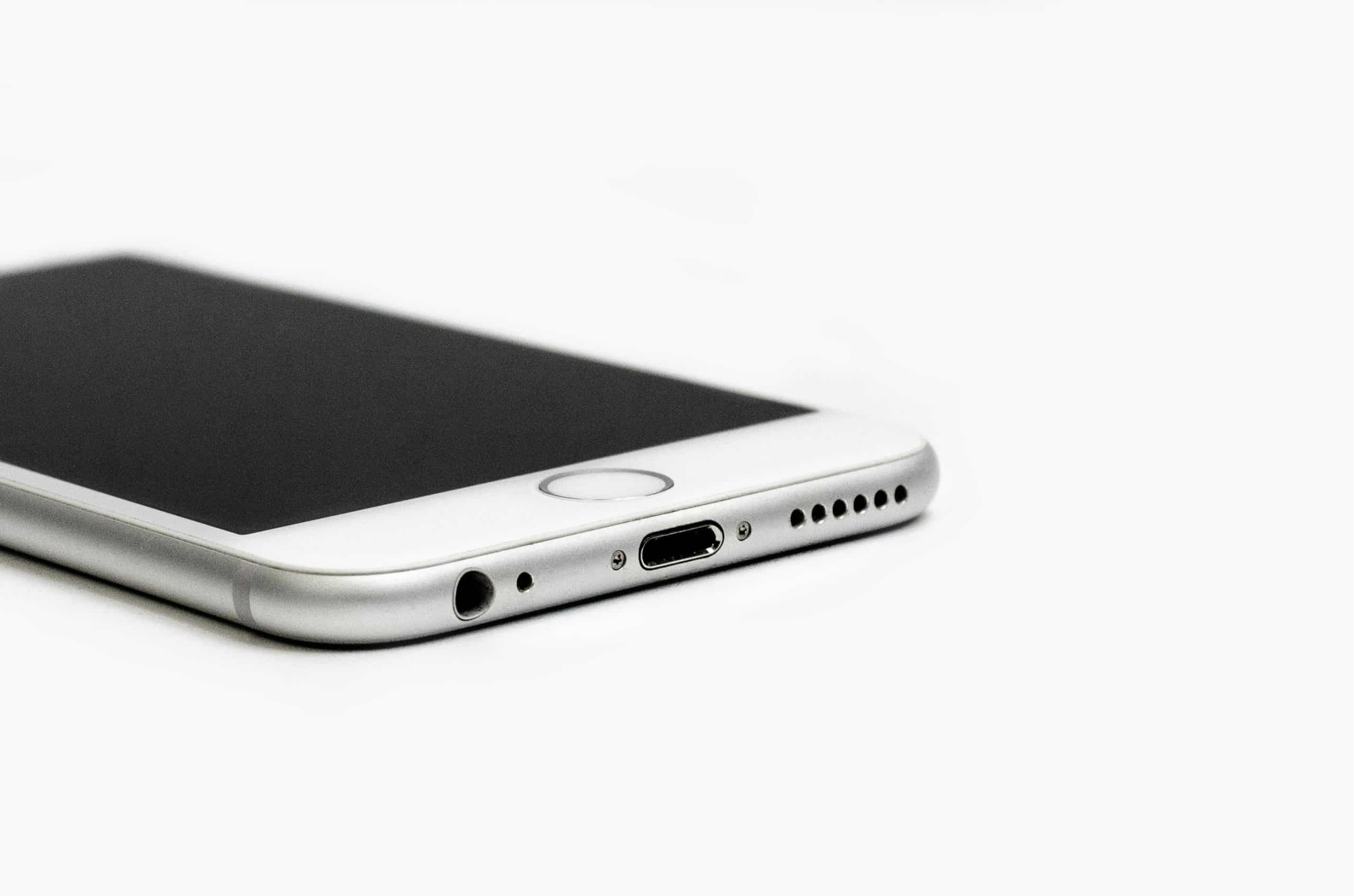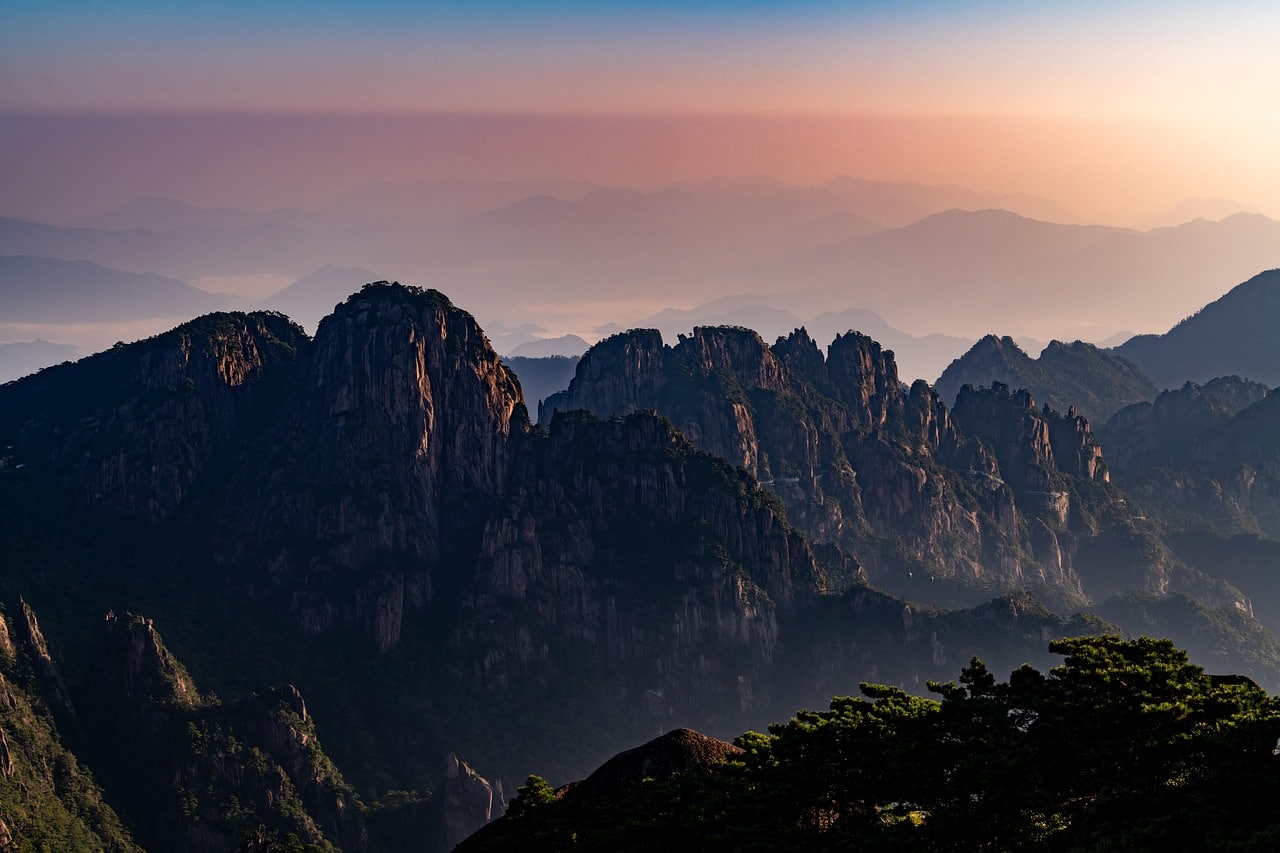Israel is stepping up its defenses after Iran attacked the country with hundreds of ballistic missiles, doing battle with Hezbollah inside Lebanon. While this has been going on, an emergency U.N. Security Council meeting around the Israel-Iran tensions was held on Wednesday at the United Nations.
Numerous countries spoke out against the rising tensions in the Middle East. Some ambassadors gathered at the United Nations in New York City, though, expressed support for Israel and its defense.
Israel U.N. Ambassador Speaks Out
“This was a deliberate attempt to strike at the very heart of our society, targeting the most sacred places in Israel Holy sites, mosques, synagogues and churches,” Israel U.N. Ambassador Danny Danon said at the U.N. Security Council meeting, Reuters reported. “The council must understand the situation Israel is forced to live in. We are under attack. This was not just an escalation. It was a direct assault on our very existence.
“The world watched silently as Iran funded and directed attacks against us for the past year, arming and training their proxies for decades,” Danon said. “Now the world must step up. Iran must pay a heavy price for this attack. Anything less is complicity.”
In defense of Iran, its United Nations envoy, Amir Saeid Iravani, spoke out about what his country is dealing with in its battle. “This regime is extending its brutal, aggressive war to Lebanon and targeting innocent people day and night, across the border and deep inside the territory,” Iravani said. “The regime is pushing the region to the edge of an all out, unprecedented catastrophe.
The “regimes” in the US, UK and France have “cynically attempted to justify Israeli heinous crimes under the guise of self-defence, shifting the blame onto Iran.”
Iran’s Ambassador Amir Saeed speaks at the UN Security Council.https://t.co/27pdr3AUsh
Sky 501 and YouTube pic.twitter.com/z1wzUe3O1L
— Sky News (@SkyNews) October 2, 2024
“Now, more than ever, this regime has become a serious threat to international peace and security,” he added. “The only way to prevent further escalation is clear: Israel must immediately cease its war on Gaza, and its attacks on Lebanon must stop.”
United States Calls Out Iran
United States Ambassador to the U.N. Linda Thomas-Greenfield called out Iran for its ongoing support for proxy groups. Thomas-Greenfield condemned Iran’s “unprovoked” missile attack, The Associated Press reported.
“Let me be clear: The Iranian regime will be held responsible for its actions,” she said.
For his part, Russian U.N. Ambassador Vassily Nebenzia spoke and offered praise for Iran. Nebenzia said that the country showed “exceptional” restraint over the past few months. He added that the missile attack on Israel could not be “presented as though all of this happened in a vacuum, as though nothing is happening—and nothing did happen—in Lebanon and Gaza, in Syria, in Yemen.”
In another report from The AP, eight Israeli soldiers were killed when they battled against Hezbollah militants. The Israeli military reported that seven soldiers were killed in two separate attacks. Those assaults are now among the deadliest ones against its forces in months. Seven additional troops were wounded in the battles. A 22-year-old captain was killed in Lebanon earlier.
Oil Prices Show Small Uptick
Meanwhile, Israeli media outlets have reported that infantry and tank units operating in southern Lebanon after the military sent thousands of additional troops and artillery to the border.
As the situation seemed to spiral more out of control, oil prices were rising. A barrel of Brent crude oil now costs $74.04, which is a 0.7 percent increase from Tuesday. In an additional measure, U.S. benchmark crude is up about 3 percent this week. It had been in a decline since last spring.
On Tuesday, Iran launched at least 180 to 200 missiles. The country said this was done in retaliation for actions taken by Israel against Hezbollah in the past few weeks. Hezbollah has been firing rockets ever since the war in Gaza started up.
There is no definitive answer regarding the current situation. Both countries are involved in military situations with no end in sight. Diplomacy continues to take place at the countries’ highest levels. What remains to be seen, though, is when and where this ongoing conflict will come to an end. Israel and Iran seem focused on defending their nations at this time.
U.S. President Joe Biden and Vice President Kamala Harris are being kept up to date with the ongoing situation. World leaders have been in contact with one another during this stressful time in the Middle East.








